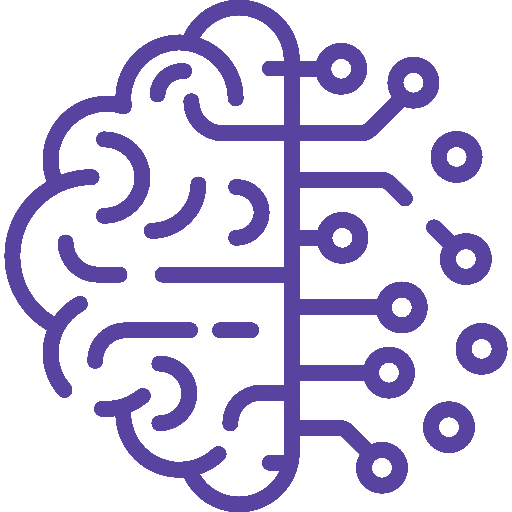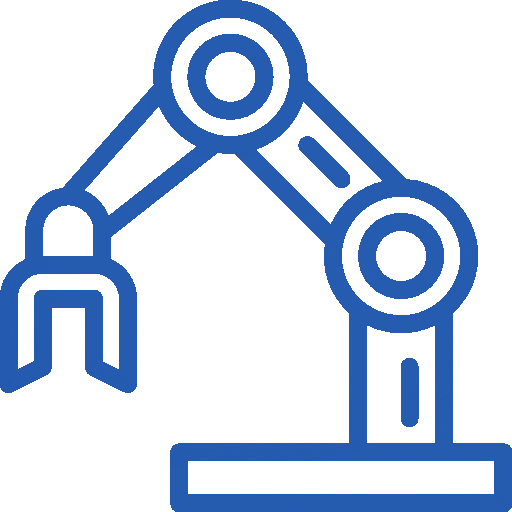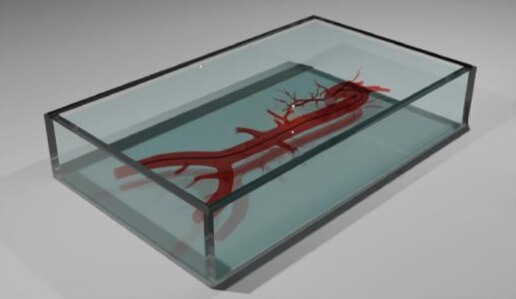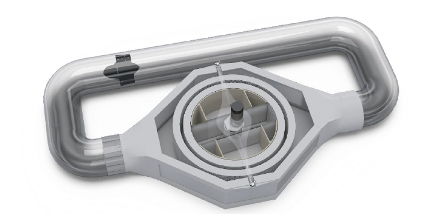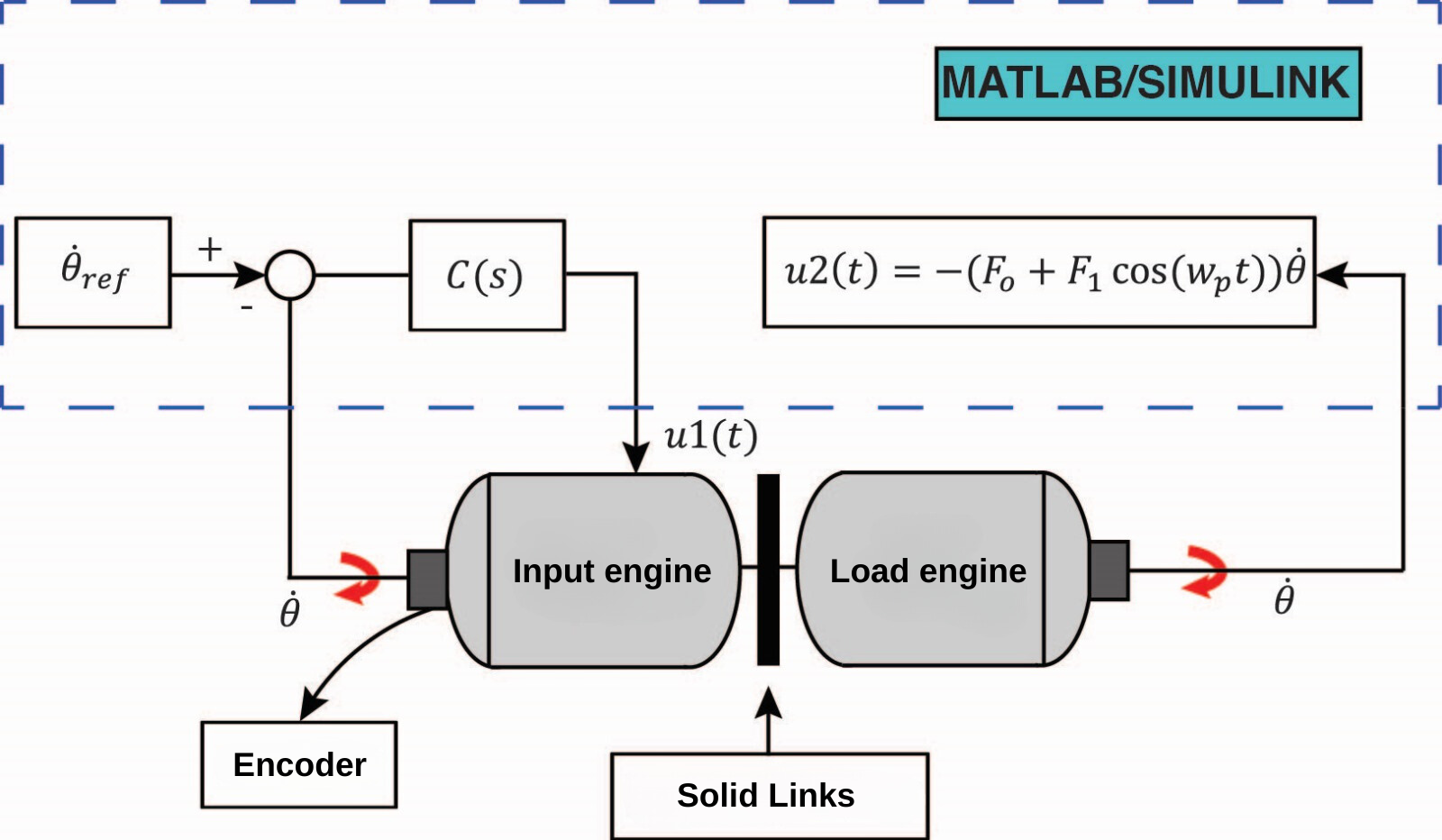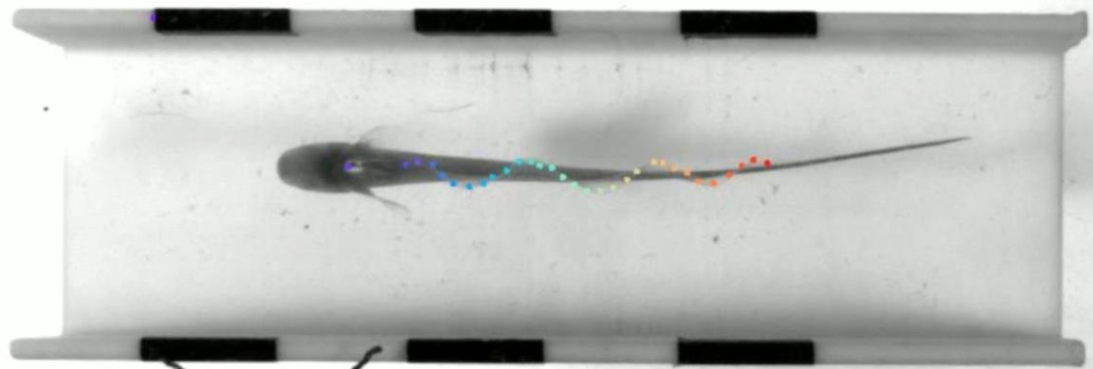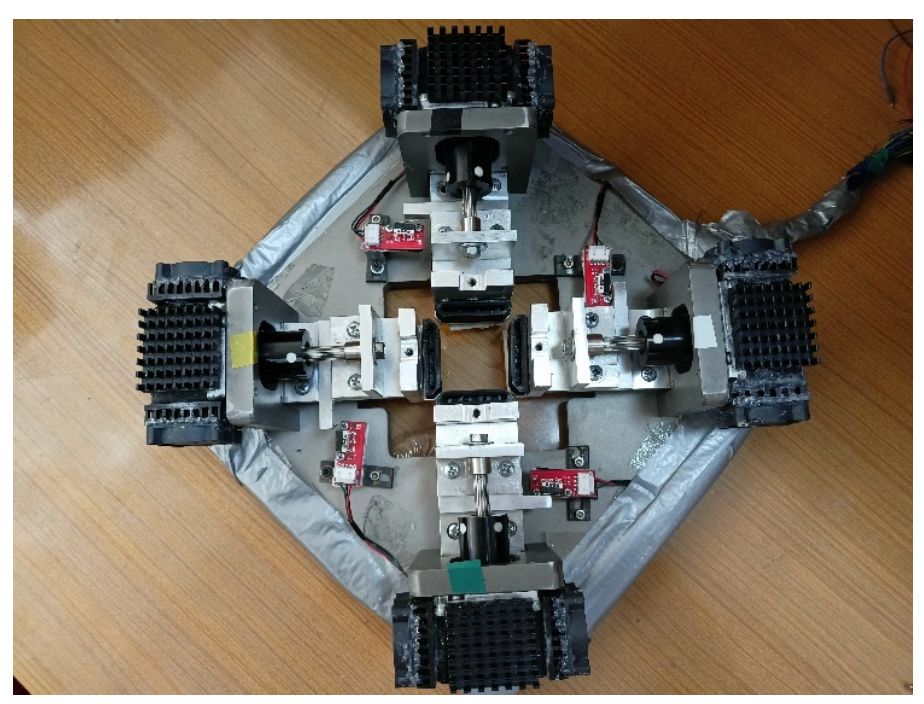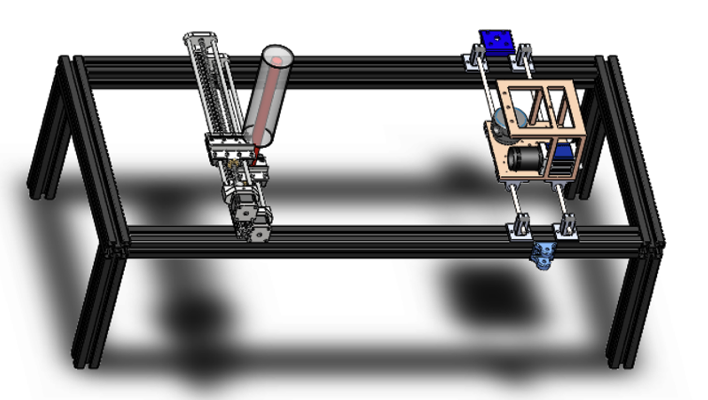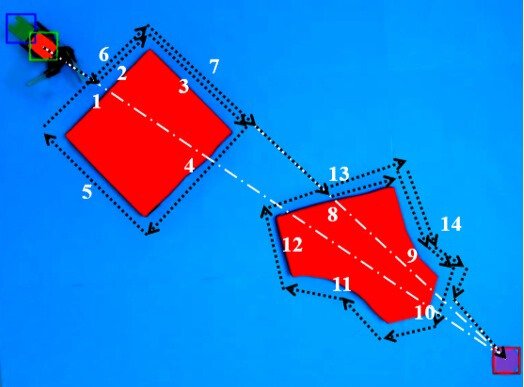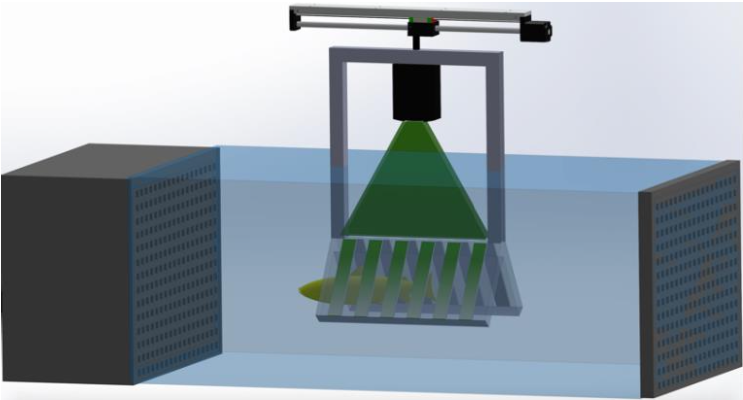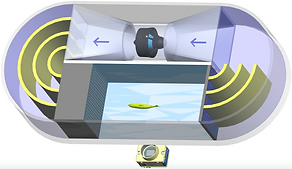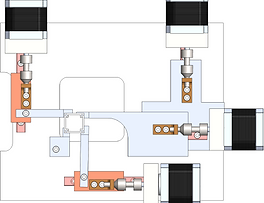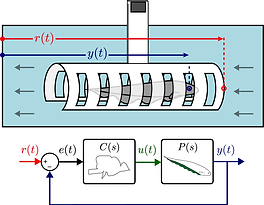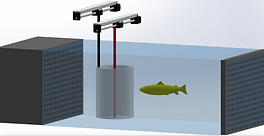Identification of Behavioral and Neural Expressions of Sensorimotor Controller via Machine Learning Techniques
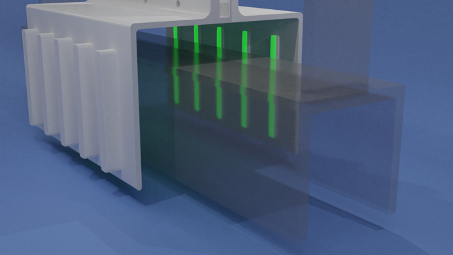
Spotlight
funded by
TÜBİTAK 2218 Scientific Research Projects Program
PI:
Ismail Uyanik, PhD
Completed 01/08/2022 - 01/08/2023
Abstract
The signals received by the sensory organs in living beings are converted into neural expressions and after the necessary processes are performed
in the central nervous system to which they are transmitted, movement orders are transmitted to the muscles through motor neurons, again with neural
expressions. Unfortunately, how the sensory signal inputs and motion control outputs of this loop called sensorimotor transformation are expressed
by electrical activity has not been resolved yet.
In addition to the behavioral data used extensively in the study of sensorimotor transformation, the electrical signals recorded by electrophysiology techniques from the brain of a weak electric fish will be used. In this process, deep learning techniques will be used to analyze complex relationships between features instead of histogram analysis, which is frequently used in the literature of analysis of neural expressions.
Finally, in order to understand the relationship between sensorimotor signals and neural activity signals, the frequency response of this transformation and frequency selective properties of the nerves will be characterized by using system identification techniques. In the research, movement of the target object, movement of fish and neural activity records obtained through electrodes placed in the midbrain will be used during experiments on the behavior of weak electric fishes called refuge tracking. These data will be analyzed using artificial neural networks and behavioral characteristics in which neural expression is selective will be defined.
Data driven system identification studies between signals containing these selective properties and neural activity signals will be conducted to reveal the frequency response characteristics of the relevant neuron. Thus, the neural expressions of sensory signals will be revealed by using machine learning and system identification techniques in a complementary manner.
The project advisor will guide the development of system identification techniques to be used during this research and to gain experience for the researcher. The researcher will have the opportunity to meet with the project advisor on a weekly basis, and thus the project work will be continuously followed. Researcher will also be able to improve himself in teamwork and mentoring by working with his advisor's research group. During the project, the researcher will be given the opportunity to directly access and use the Control Systems Research Laboratory located in Hacettepe University Electrical and Electronics Engineering Department.
The research results are planned to be published in leading conferences and journals in the field of neuroscience. In addition, the brain machine interfaces used in the project are a critical technology that has commercial products today and is expected to increase in product diversity and market size in the future, with high potential both academically and commercially, and can be developed for patentable products. The information and findings to be obtained in the project will support neuroscience studies at Hacettepe University, increase knowledge, and allow the advisor and researcher to apply to national and international research funds with new neuroscience projects.
Within the scope of the project, data-driven system identification and neuroscience studies, which is a different discipline, will be added to the researcher's work in robotics, control theory and machine learning. The researcher wants to gain expertise in the field of neuroscience during the project process, to go to organizations working in the field of neuroscience abroad with his publications as a post-doctoral researcher, and then to work in our country as an academic with interdisciplinary expertise.
Hacettepe University provides a unique environment for this multidisciplinary research with its facilities in both the Faculty of Engineering and the Faculty of Medicine. Research activities will be carried out in Hacettepe University Electrical and Electronics Engineering Department under the consultancy of the Asst. Prof. Dr. İsmail Uyanık. The project advisor is also working at Hacettepe University Bioengineering Division. In his postgraduate studies at Bilkent University, the project advisor had the opportunity to specialize in system identification and publish his studies in the leading international journals in their field. Then, he went to Johns Hopkins University to pursue his post-doctoral studies. In his studies here, he specialized in the application of control theory and system identification techniques to understand the sensorimotor control processes in biological systems, and published one of his studies in eLife, one of the world's leading journals in the field of life sciences.
In addition to the behavioral data used extensively in the study of sensorimotor transformation, the electrical signals recorded by electrophysiology techniques from the brain of a weak electric fish will be used. In this process, deep learning techniques will be used to analyze complex relationships between features instead of histogram analysis, which is frequently used in the literature of analysis of neural expressions.
Finally, in order to understand the relationship between sensorimotor signals and neural activity signals, the frequency response of this transformation and frequency selective properties of the nerves will be characterized by using system identification techniques. In the research, movement of the target object, movement of fish and neural activity records obtained through electrodes placed in the midbrain will be used during experiments on the behavior of weak electric fishes called refuge tracking. These data will be analyzed using artificial neural networks and behavioral characteristics in which neural expression is selective will be defined.
Data driven system identification studies between signals containing these selective properties and neural activity signals will be conducted to reveal the frequency response characteristics of the relevant neuron. Thus, the neural expressions of sensory signals will be revealed by using machine learning and system identification techniques in a complementary manner.
The project advisor will guide the development of system identification techniques to be used during this research and to gain experience for the researcher. The researcher will have the opportunity to meet with the project advisor on a weekly basis, and thus the project work will be continuously followed. Researcher will also be able to improve himself in teamwork and mentoring by working with his advisor's research group. During the project, the researcher will be given the opportunity to directly access and use the Control Systems Research Laboratory located in Hacettepe University Electrical and Electronics Engineering Department.
The research results are planned to be published in leading conferences and journals in the field of neuroscience. In addition, the brain machine interfaces used in the project are a critical technology that has commercial products today and is expected to increase in product diversity and market size in the future, with high potential both academically and commercially, and can be developed for patentable products. The information and findings to be obtained in the project will support neuroscience studies at Hacettepe University, increase knowledge, and allow the advisor and researcher to apply to national and international research funds with new neuroscience projects.
Within the scope of the project, data-driven system identification and neuroscience studies, which is a different discipline, will be added to the researcher's work in robotics, control theory and machine learning. The researcher wants to gain expertise in the field of neuroscience during the project process, to go to organizations working in the field of neuroscience abroad with his publications as a post-doctoral researcher, and then to work in our country as an academic with interdisciplinary expertise.
Hacettepe University provides a unique environment for this multidisciplinary research with its facilities in both the Faculty of Engineering and the Faculty of Medicine. Research activities will be carried out in Hacettepe University Electrical and Electronics Engineering Department under the consultancy of the Asst. Prof. Dr. İsmail Uyanık. The project advisor is also working at Hacettepe University Bioengineering Division. In his postgraduate studies at Bilkent University, the project advisor had the opportunity to specialize in system identification and publish his studies in the leading international journals in their field. Then, he went to Johns Hopkins University to pursue his post-doctoral studies. In his studies here, he specialized in the application of control theory and system identification techniques to understand the sensorimotor control processes in biological systems, and published one of his studies in eLife, one of the world's leading journals in the field of life sciences.
Other Research
All
Ongoing
Completed
Ongoing 01/12/2024
Ongoing 01/09/2024
Completed 17/04/2023 - 17/04/2025
Completed 01/11/2022 - 01/04/2023
Completed 01/08/2022 - 01/08/2023
Completed 01/06/2022 - 01/08/2023
Ongoing 12/01/2022
Completed 01/01/2020 - 15/04/2020
